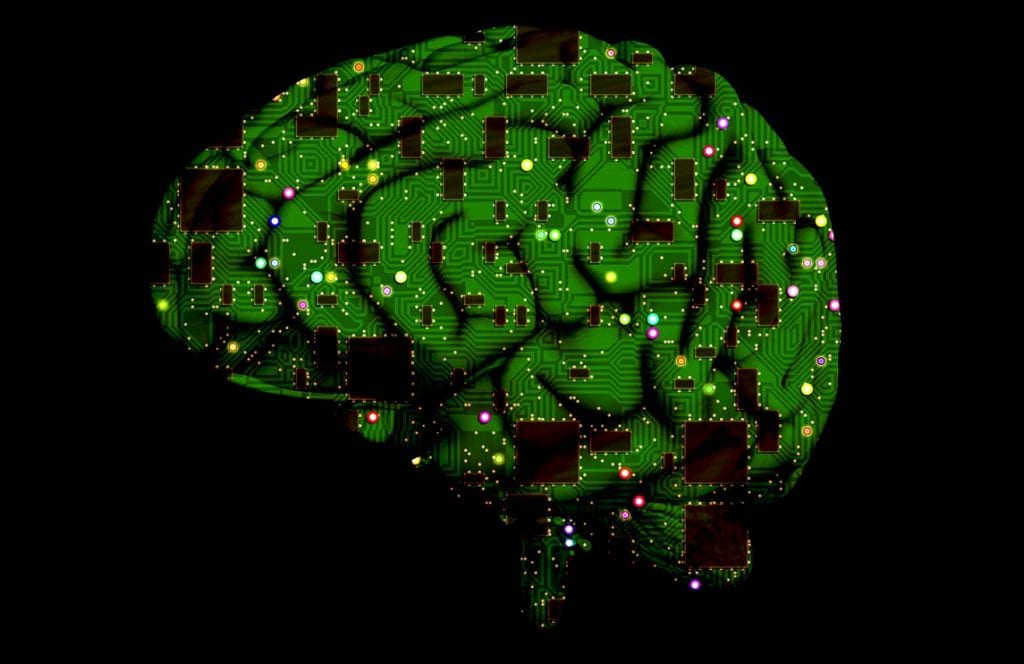In today’s society the reality is that, unless you are living under a rock, you are confronted by new AI technologies day in and day out. In just the past week, I saw stories ranging from a new AI-enabled litter box that provides health updates based on what our furry friends leave in the box, to AI-based training for Dubai residents on emergency lifesaving techniques. But, even with a surge in adoption and emergence, many still wonder whether AI is a friend or foe. Despite all its meaningful applications, when many hear the words AI or machine learning, it often invokes an image of an apocalyptic universe where robots have taken over the human world. There is a worry about the impact of AI on the workplace, employment and society, and this questionable impact is ever-present in the marketing communications space as well.

In the opinion of this lone communications analytics practitioner, I say we need to embrace AI and use it to our advantage. AI will never replace what we do. At the core of communications are people and relationships. We work to help clients build and maintain meaningful relationships with their audiences. People and relationships are the dominant forces within our industry and this human touch must and will always dominate what we do. AI does not have the cognition, consciousness or ability to make decisions based on empathy, all of which are critical in the type of work we do.
What it can do, however, is enhance our ability to develop targeted campaigns and more efficiently evaluate performance – in other words, it does not replace but supplements what we do. In today’s ever-evolving and complex communications landscape, one where audiences are becoming more niche, industries are transforming and clients are expecting more from their agency partners, our goals and objectives are becoming more focused and need to be solved more effectively and efficiently. AI cannot do this for us alone, but it plays a vital role in helping us get there.
Here are three ways that AI can make us better communicators…
1. Be more relevant and engaging: big data fuels AI, which can process consumer data at rapid speeds, providing improved insight into what our audiences want so that we can deliver stronger and more focused messages.
2. Increase efficiencies: AI allows us to spend more time focusing on the things that matter. By allowing machines to take care of back-end analyses or repetitive, automated processes, we can actually make smarter decisions faster and focus on cognitive tasks that machines are not able to perform. We can leverage data to make our next move more powerful.
3. Make quicker and more informed decisions: AI fuels effective and efficient decision-making that drives results by giving practitioners the quickest and most comprehensive look at how to solve their problems.
But while there are great opportunities, there are also some limitations to consider as AI is dependent on the human element:
1. AI output is only as good as our ability to make use of it: The value of AI is not in the models themselves but in our ability to harness their power to enhance our work.
2. The output is only as good as the data being fed into it: AI requires huge amounts of data to accurately perform complex tasks, but obtaining large data sets can be difficult (or simply aren’t available at all) and labelling efforts can require enormous human resources.
3. The use of data must always take into account ethical concerns: This includes data security and privacy, particularly in an environment where consumers are much more conscious about how companies use their data and potentially infringe on their digital privacy. Again, this is where AI cannot function to its full potential without human guidance – we need to ensure that we’re not only complying with new data privacy regulations, but that the input, procedures and output of autonomous machines are heavily scrutinized for accuracy and privacy protection, paying particular attention to the transparency of algorithms.
Perhaps most importantly, sometimes the output simply does not make sense, and it is difficult to explain in human terms, how AI arrived at a specific prediction, recommendation or decision. This is especially dangerous when the predictions or decisions could impact society or hold serious ramifications in the future. In this case, we need to understand the “whys” behind the algorithm recommendations – the human interpretation of the why is a critical component.
We need to be open to the adoption and use of AI in our everyday lives. Harnessing the power in the right way can make us better communicators – ones that can do their job more precisely, with more agility and more effectively.


